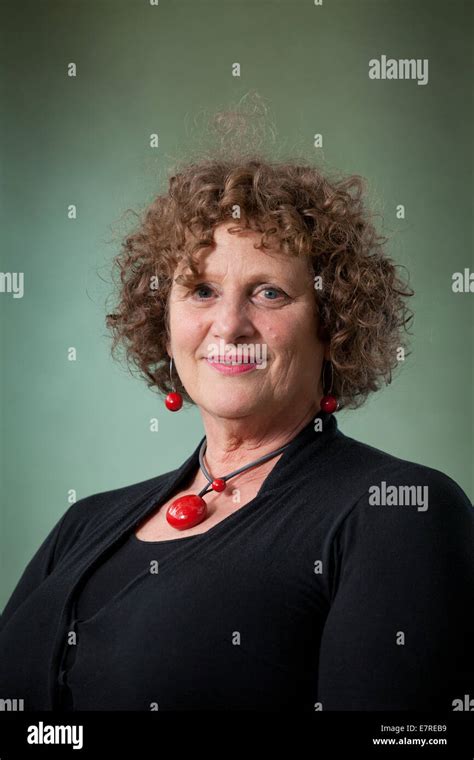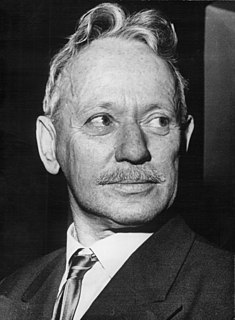A Quote by Tad Williams
After all, is it not the way we humans shape the universe, shape time itself? Do we not take the raw stuff of chaos and impose a beginning, middle, and end on it, like the simplest and most profound of folktales, to reflect the shapes of our own tiny lives? And if the physicists are right, that the physical world changes as it is observed, and we are its only known observers, then might we not be bending the entire chaotic universe, the eternal, ever-active Now, to fit that familiar form?
Quote Topics
Active
After
Beginning
Bending
Changes
Chaos
Chaotic
End
Entire
Eternal
Ever
Familiar
Fit
Folktales
Form
Humans
Impose
Itself
Known
Like
Lives
Middle
Might
Most
Now
Observed
Observers
Only
Our
Own
Physical
Physical World
Profound
Raw
Reflect
Right
Shape
Shapes
Simplest
Stuff
Take
Then
Time
Tiny
Universe
Way
World
Related Quotes
We read to find out what the world is like, to experience lots of lives, not just the one we live. If it is true that our lives are chaotic and we crave a shape, stories are the shapes that we put on experience, containing all the wisdom in the world. We can even choose what kind of wisdom suits us.
Since the purpose of reading, of education, is to become good, our most important task is to choose the right books. Our personal set of stories, our canon, shapes our lives. I believe it is a law of the universe that we will not rise above our canon. Our canon is part of us, deeply, subconsciously. And the characters and teachings in our canon shape our characters--good, evil, mediocre, or great.
Our universe cannot even be stated symbolically. And this touches us all more directly than one might suppose. For example, artists, who have been very little influenced by social systems, have always responded instinctively to latent assumptions about the shape of the universe. The incomprehensibility of our new cosmos seems to me, ultimately, to be the reason for the chaos of modern art.
You don't need the iPhone: you have the most exquisite apparatus in the known universe sitting right in your head - the most complex organization of matter in the entire universe. And here are we, feeling a little depressed, feeling like we're not getting where we need to be, when really you might be exactly where you need to be.
Of course, Jastrow's comment is exaggerated at best; theologians hardly predicted the Big Bang. If our universe turns out to be closed, hence with an end, this does not mean apocalyptic visions of the end of the world were on target. And even if a beginning for the universe is a successful prediction of one version of theism, this is still not that impressive. After all, even a stopped clock is right twice a day. The Big Bang becomes strong support for God only with an argument showing that such a beginning requires a Creator.
Some physicists solve that problem of the necessity of finely tuned physical constants ... by invoking the anthropic principle, saying, well, here we are, we exist, we have to be in the kind of universe capable of giving rise to us. That in itself is, I think, unsatisfying, and as John Lennox rightly says, some physicists solve that by the multiverse idea-the idea that our universe is just one of many universes.
[F]or academic men to be happy, the universe would have to take shape. All of philosophy has no other goal: it is a matter of giving a frock coat to what is, a mathematical frock coat. On the other hand, affirming that the universe resembles nothing and is only formless amounts to saying that the universe is something like a spider or spit.
For myself, I like a universe that, includes much that is unknown and, at the same time, much that is knowable. A universe in which everything is known would be static and dull, as boring as the heaven of some weak-minded theologians. A universe that is unknowable is no fit place for a thinking being. The ideal universe for us is one very much like the universe we inhabit. And I would guess that this is not really much of a coincidence.
I believe the universe wants to be noticed. I think the universe is inprobably biased toward the consciousness, that it rewards intelligence in part because the universe enjoys its elegance being observed. And who am I, living in the middle of history, to tell the universe that it-or my observation of it-is temporary?






































